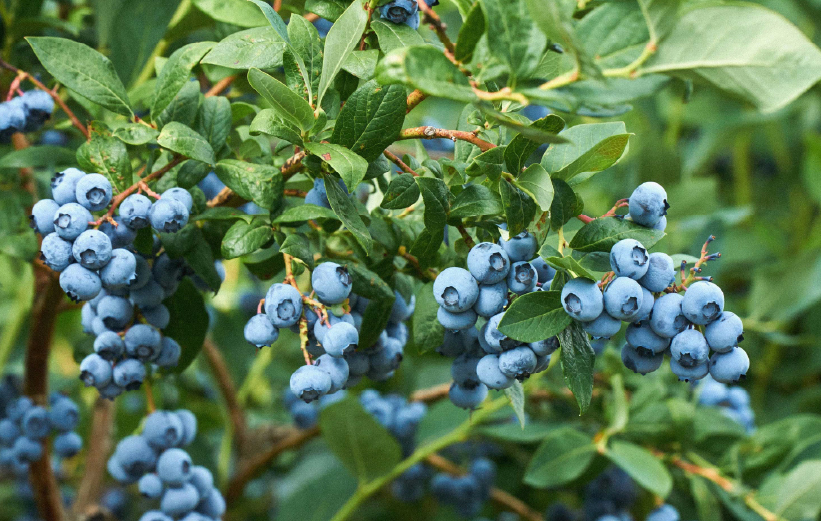Portugal Excecional 2030 reinforces internationalisation of the agri-food sector
PortugalFoods operation empowers companies to grow in international markets with support from COMPETE 2030.
Discover the results of a project that combines scientific innovation and domestic blueberry production in the fight against diabetes.

Science has increasingly shown how diet can play a decisive role in preventing chronic diseases. In Portugal, where around 40% of the adult population lives with pre-diabetes or diabetes, projects that combine scientific knowledge and nutrition are particularly relevant. It was in this context that FRUITIFY emerged, an initiative of the University of Coimbra, co-financed by COMPETE 2020, which sought to study the benefits of blueberries in the prevention and progression of diabetes.
The outcome of the project is, in the words of Flávio Reis, head of FRUITIFY and researcher at the Centre for Innovation in Biomedicine and Biotechnology at the University of Coimbra, ‘clearly positive’. According to the researcher, ‘the project demonstrated that blueberry juice has protective effects in pre-diabetes situations, improving glucose tolerance, insulin sensitivity and reducing hepatic steatosis’. In addition, he adds, ‘this research has strengthened collaboration between academia and the agri-food sector, supporting future blueberry-based nutraceutical applications, with an impact not only on health but also on the national agricultural sector.’
Among the main results, Flávio Reis highlights that ‘blueberry juice improved glucose tolerance and insulin sensitivity,’ but also that ‘it helped inhibit fat accumulation in the body and liver, restoring mitochondrial function.’ Another relevant finding was the impact on the gut microbiota: ‘blueberries showed the ability to positively modulate the microbiota, an aspect that seems to be decisive in the progression from pre-diabetes to diabetes.’ According to the researcher, these results reinforce the ‘therapeutic potential of blueberries, particularly as a functional ingredient for new supplements that can help prevent the progression of diabetes.’
The link between the scientific results and people’s daily lives is clear. ‘This work reinforces the idea that a healthy diet can act as preventive medicine,’ emphasises Flávio Reis. ‘If confirmed in clinical studies, regular consumption of blueberry juice could help people at risk of diabetes to better control their blood glucose levels and delay, or even prevent, the progression of the disease.’ In addition to the metabolic effect, the researcher points out that ‘the positive impact on intestinal and liver health contributes to overall well-being’ and that it is a practical solution, based on a fruit widely grown in Portugal, ‘easy to integrate into the daily routine, either in the form of functional juice or nutraceutical supplement.’
One of the key factors for the project’s success was the collaboration between partners. ‘Cooperation was crucial,’ says Flávio Reis. ‘The universities brought scientific knowledge and infrastructure for the rigorous study of the mechanisms of action; COAPE provided quality-controlled blueberries; and the support of COMPETE 2020 ensured the financial resources that allowed us to develop robust protocols, integrate doctoral students, and keep the laboratories active.’ For the researcher, this model shows ‘how the link between science and the agri-food sector can generate innovation with social and economic impact, adding value to a national product.’
Although completed, FRUITIFY represents only the beginning of a line of research with great potential. ‘The project was just the beginning of this area of research into natural products with the capacity to alter the course of chronic diseases with a strong socio-economic impact,’ explains Flávio Reis. The next steps involve clinical trials to confirm the results obtained in animals and, eventually, to explore ‘the combination of blueberry juice with antidiabetic drugs, such as metformin.’ At the same time, a new challenge has already begun: ‘the RELEAF project, coordinated by my colleague Sofia Viana, will focus on bioactive compounds found in senescent blueberry leaves, which are even richer than the fruit, for new health applications,’ reveals the researcher.
Universidade de Coimbra | Website
25 February 2026